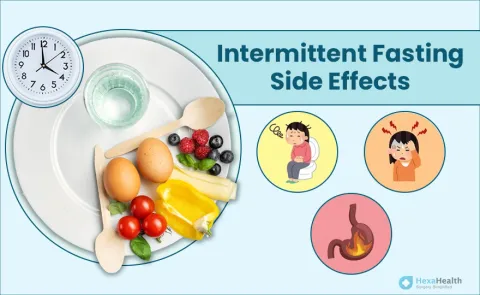
Intermittent fasting is a dietary regime that alternates between periods of eating and fasting. It is now being studied due to its overall possible benefits when appropriately implemented and not just for the objective of weight loss.
Key Benefits of Intermittent Fasting
Men who practice intermittent fasting have found that they can:
Increase insulin sensitivity from 3% to 6%.
Lower blood pressure in people with hypertension.
Initiate autophagy.
Enhance their brain health through producing BDNF
Effects are usually realized after 2-4 weeks of commitment.
Common Fasting Timings
The last four are research proven schedules that can be applied to modify lifestyles:
16:8 Method on 16-hour fasting eating window
5:2 Diet- 5 days of normal eating and 2 restricted
Eat-Stop-Eat: fasts for 24 hours for 1 or 2 times/week Alternate
Fasting 500-calories every other day
Start with shorter fasts (12-14 hours) and then work towards the more extended periods.
Common Errors While Implementing
Some of the most common errors made in intermittent fasting practices would weaken the effectiveness of this fasting method:
- Overeating short periods while feeding
- Neglected hydration while focusing on 2-3L water intake daily
- Nothing nutrient-dense in meals
- Intense workouts without eating while adjusting in fasting more
Consult healthcare providers before attempting any form of IF for those suffering from diabetes and eating disorders, as well as those who are pregnant.
Implementation Practices
Most successful fasters say:
Shifting towards a longer fast
Electrolyte replenishment during an extended fast
Welcoming break-fast with protein-rich meals
Following the same sleep schedule every day
Research now shows the most effective way of practicing intermittent fasting is by complementing it with whole-food nutrition and regular exercise. Since not everyone can do it, though, intermittent fasting does offer an adaptable dietary pattern that appears capable of yielding some metabolic benefits without the need for particular food prohibitions. Since everyone tolerates the changes in diet differently, there is a lot of variability.
